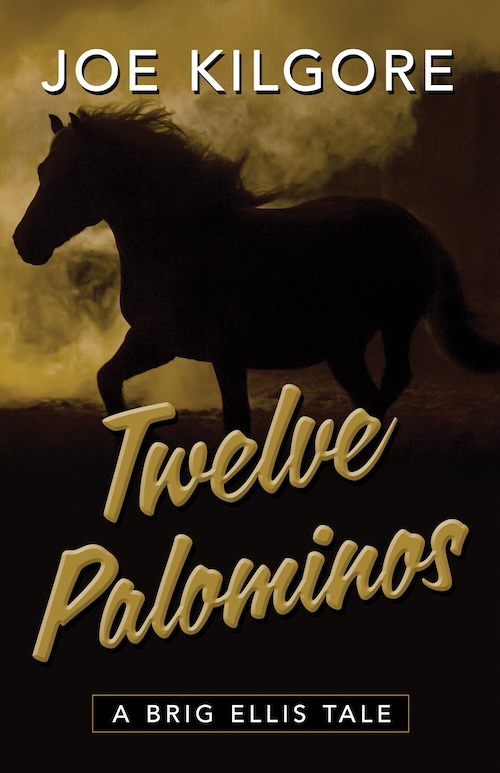I recently ran across a letter I once wrote, to the writer I enjoy reading the most. I decided to post it here, in the hope it will spur anyone who reads it, to seek out his work. Believe me, you’ll be the better for it. I did a post back in November of 2009 on one of his novels. Not sure how many folks read it. Maybe more will read this and look for his novels wherever they buy their books.
Letter to Pete Dexter
Dear Pete,
I hope you don’t mind me calling you Pete. Having read all your novels as well as Paper Trails, I certainly feel like we’re on a first-name basis. Which can only be attributed to your skill as a writer. A scribe who turns readers into friends. That’s not an easy thing to do.
I also hope this letter makes its way to you. I assume that some unknown person, in a place far removed from your home, goes through your mail to make sure the envelopes aren’t filled with anthrax, court summons or screaming diatribes about how politically incorrect you can often be.
This letter is none of the above. It’s more in the form of what (centuries ago) used to be called a mash note. Don’t worry. I’m no groupie or stalker or smitten convict writing from a jail cell in Huntsville. I’m just a real fan of yours. And I thought it might be nice to hear from someone who reads your books and is better for it.
You may or may not care what readers actually think of your work as long as they plunk down the twenty-plus bucks or so for a hardback edition. But your writing makes me believe you probably are a person who is not totally opposed to a compliment now and then. And that’s certainly what I intend this letter to be.
I’ll do my best not to ramble too much, though having just finished Spooner, I have to believe you’re not completely put off by a bit of meandering now and then. It was, in a word, wonderful. You made me feel as if your were in the same room with me, spinning a yarn I was eager to hear more and more of. I had not read reviews of the novel prior to getting into it, but being familiar with all your other work, I soon began to see a pattern of Spooner’s trek through life as being rather similar to your own. Frankly, it put me off a bit at first. Simply because I had the feeling that I knew what the ending would be. Spooner can’t die because Pete isn’t dead. I assumed Calmer would pass on as life is like that. And I was both tickled and moved by the way you brought his story full circle.
I didn’t read your books in the order in which you wrote them, having discovered you somewhat later in my particular span of years. I picked up Train in a London airport on my way back to the states. Read the whole thing in one eight-hour flight. Why did I pick it up? I was attracted to the Palm Tree on the cover. Having just suffered through London’s typically gloomy weather. Anyway, after reading it and really enjoying it (being a lifelong Raymond Chandler fan, I tend to read a lot of books that take place in L A), I was determined to learn more about this Dexter fellow and see if he had written anything else of substance. So, over the next few years, I wound up reading your books in this order:
Train
Paris Trout
God’s Pocket
The Paperboy
Deadwood
Paper Trails
Brotherly Love
Spooner
I guess if you held a gun to my head and made me pick a favorite (which is the only way I would), I would pick Paris Trout. No doubt because I too grew up in a small town in the South just after the war and could certainly relate (sometimes unfortunately) to many of the characters. But the thing I want you to know, and I guess the real reason I’m writing this letter is to tell you what they have all meant to me. The ones I’ve bought brand new and the one’s I’ve run across in used-book stores.
As they used to say in the old ads, I’ve laughed and I’ve cried. But more than that, I’ve shaken my head in agreement, I’ve seen my relatives, my friends, my enemies, and most of all people and places I’ll never forget. You have brightened my days, warmed my nights and increased my pleasure at just being alive by sharing the things you’ve written with me. And if I feel this way, think of all the thousands of others who feel similarly but who’ve never taken the time to let you know.
I hope you take some pleasure in knowing there are people all around the world– who have enjoyed being in it a little bit more– because of the time they were allowed to spend with your words.
Thanks for everything you’ve written and will write. Rest assured you’ll have at least one sure sale. I don’t know if you care to know anything about me beyond my love of your work. But if you do, you can find out more about me and read more about what I’ve said in regard to you and other authors in the blog on my website:
www.joekilgore.com
All the best to you and Mrs. Dexter.
Cordially,
Joe Kilgore
P S: I read aloud some of your columns from Paper Trails to my wife, Mrs. Kilgore.
We laughed so much we wept. And almost wet ourselves. You’re responsible.
